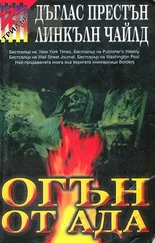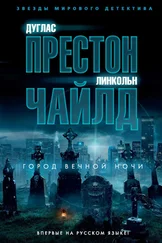“Thank you, no,” Constance said, rising as well. “You’ve been very patient. I appreciate your candor.”
“If you solve the murder,” he said with a wry smile, “let me know.” Belatedly, he realized she’d interpreted his getting up as a cue that the meeting was over. This was a shame — he’d had enough of the subject matter, but not her company.
“Naturally.” Constance placed the crime scene photos in her bag and slipped it over her shoulder. “One final question, if I may?”
“Please.”
“I don’t want to call your work into question. But are you sure it was Wilkinson’s blood?”
“It’s true that, at the time of the murder, Sanibel and even Fort Myers didn’t have the kind of facilities they do today. However, I personally took DNA samples from half a dozen separate pieces of evidence preserved from the crime scene, including hair and blood, and carried them to the Miami PD forensics lab, which at the time had state-of-the-art equipment, together with several known DNA samples from Randall Wilkinson collected in the house. Everything matched the DNA of Randall Wilkinson. That was his blood, without a doubt. And then...” He hesitated. “Last year, I had another lab rerun those samples, just in case the technology in 2009 wasn’t up to snuff. Same results.”
A mischievous smile played over the young woman’s lips. “And here I thought you’d put the case aside.”
“Touché.”
“Thank you again.” Then, before he could assist her, Constance put one foot on the gunwale and sprang lightly onto the pier. And as she turned away from him, Perelman caught the faintest scent of perfume. It, too, was exceedingly rare — his ex-girlfriend had given him a lecture about it once, at an invitation-only parfumerie in Palm Beach. He’d never forget the scent, but he couldn’t recall its name. It was, he feared, a riddle that would keep him awake in his bed far into the night.
Peter Quarles opened the glass door leading onto the roof deck on the fourteenth floor of the Sofitel Foshan. It was a pleasant enough spot, consciously minimalistic, the flooring and furniture done in a blond wood like a Scandinavian lodge. Quarles stuck his head out and looked around. The deck was deserted — as he’d hoped, considering it was well after ten in the evening.
He stepped out, sliding the door closed behind him. He strolled past the tables and gurgling fountains toward the building’s edge, where a row of wooden benches had been set into the decorative guardrail. A stiff breeze had blown the smog and soot temporarily out to sea, and below him, Quarles could see the megacity of the Pearl River Delta stretching on forever. Central highways, ribbons of red and white light, threaded their way past neighborhoods whose indifferent architecture, shot through with gloomy alleyways, formed at this height an intricate labyrinth. Here and there across the urban landscape, small clusters of tall buildings rose, as if huddled together for protection, their neon banners and illuminated signage blinking and scrolling frantically against the darkness. In other, more industrial zones, equally tall spires, grim and utilitarian by contrast, were lit only by blinking red warning lights, and by the numerous plumes of steam and smoke, along with the occasional belching gout of flame that issued from chimneys set among them.
Turning his back to the view, Quarles took a seat on one of the wooden benches, plucked from his jacket pocket a sealed burner phone, and tore off its wrapper. He reached into a different pocket, removed a SIM card, and inserted it into the phone. He plugged a portable battery into its charging port and turned the device on. Once the activation process was complete, he looked around again, dialed a long series of numbers, and put the phone to his ear.
Ten seconds of silence. And then, despite the great distance, an unmistakable voice: “Yes?”
“Agent Pendergast?”
“Ah, Mr. Quarles. What news?”
Quarles licked his lips. “I’ve found it.”
“Are you sure?”
“Yes. It’s the only one that meets all our criteria. A source, and my own observation, confirm this.”
“Excellent. This is in the same location you were, ah, perambulating yesterday?”
Perambulating . They had agreed to use language that was as innocuous as possible. Quarles wasn’t sure that included five-syllable words. “Yes.”
“Any specifics you can share?”
Quarles thought a moment. “It’s an unusual situation. The business was once much larger, but a series of unfortunate events have diminished it.” In China, any number of political faux pas could easily result in “unfortunate events.” “However, they retain a few of their original clients.” He hoped the subtle emphasis he gave the penultimate word would be picked up on the other phone, seven thousand miles away.
“I see. Have you made direct contact?”
“Indirect.”
Pendergast did not reply, and Quarles took this as a cue to provide additional information. “The subject once furnished such items to several clients in the past. Not anymore, however. This was a single order, to a single client, through a jobber.”
Now Quarles fell silent, indicating he had something he wanted Pendergast to take particular note of.
“Proceed.”
“Because the contact was indirect, I can confirm nothing yet. But it seems there was more than one... unusual request involved.”
“But you don’t yet know what those consist of.”
“No.”
“Have you a count?”
“Trio.” Code for three hundred pairs of disposable shoes having been ordered. This nugget of information had cost Quarles the last of his red envelopes.
“This is exemplary work. We now need just establish the narrow end of the chopstick.”
Quarles knew this was coming. He had to identify the end buyer — without raising suspicion. For some unknown reason, the tiny three-man shoemaking factory had been remarkably secretive. Already the interest he’d shown had drawn a response that was close to hostility. All this spycraft — using burner phones, speaking in code — had originally been set up as a mere contingency, standard procedure in a case like this. But it became a contingency no longer when Quarles sensed he was being followed. He had a fine-tuned radar, and the paranoia he felt now was more than just imagination.
“Finding the thin end might not be possible,” he said.
Pendergast clearly picked up on Quarles’s unease, because he replied: “If that’s your impression, then drop the chopstick and resume your other duties. Speaking of which, have you prepared for the upcoming meeting with the tussah moth specialist?”
Quarles exhaled in relief. “Yes.” Pendergast had just cleared him to leave China at the first sign of actual danger, no matter how small.
“Good. Recall that our contacts here are interested only in wild silk. Not the usual mulberry.”
The conversation continued in this innocuous and misleading vein for another thirty seconds before they said goodbye. Looking around one more time, Quarles plucked the SIM card from the phone, placed it in an ashtray, and melted it with a match, then flicked the blob over the edge of the railing. He stood up and made a single circuit of the deck, breathing the way he’d been conditioned, letting his heart rate and respiration return to normal. Heading toward the glass door leading back into the hotel, he took the burner phone in both hands, snapped it in two, and threw the sections into different trash cans. He opened the door, then glanced over his shoulder. The earlier breezes had now fallen away: already, the stench of refineries and dye factories, the greasy soot from the tanneries to the west, were once again filling the air.
Читать дальше
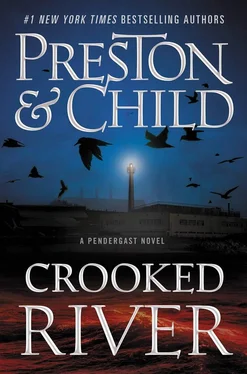
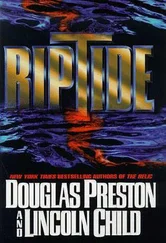
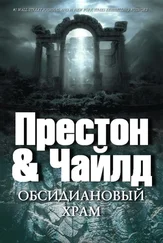
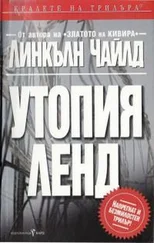


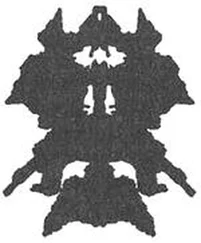
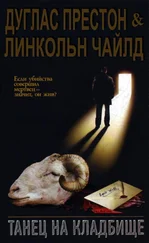

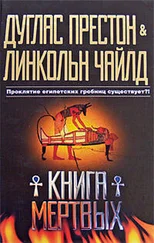
![Линкольн Чайлд - Стихи для мертвецов [litres]](/books/396536/linkoln-chajld-stihi-dlya-mertvecov-litres-thumb.webp)
